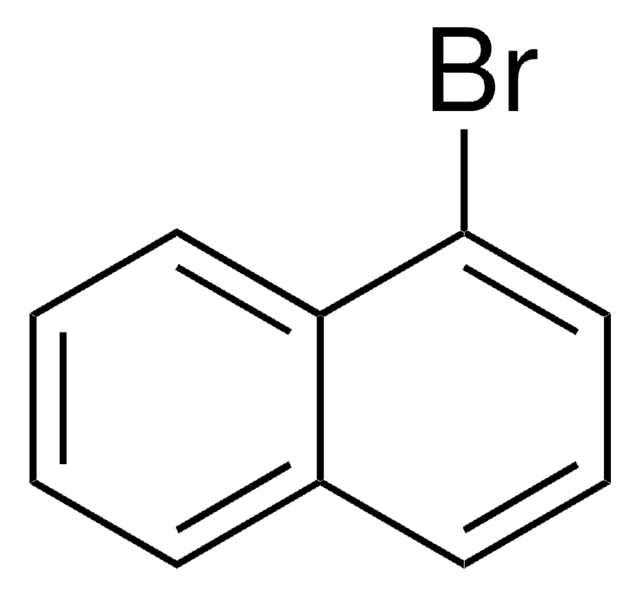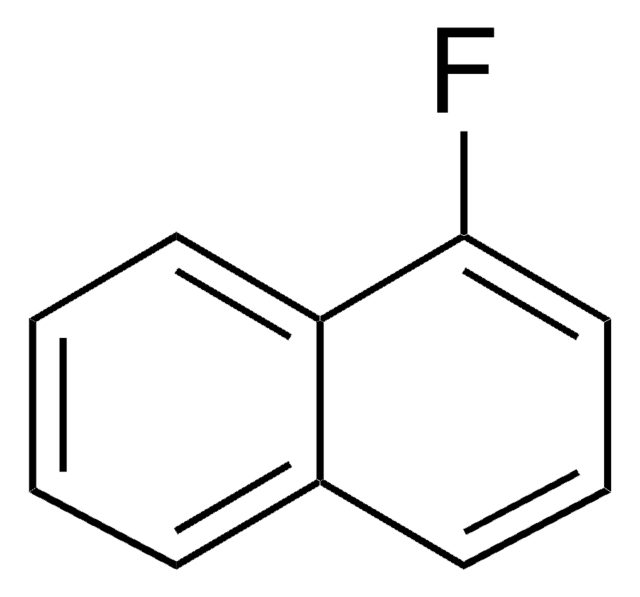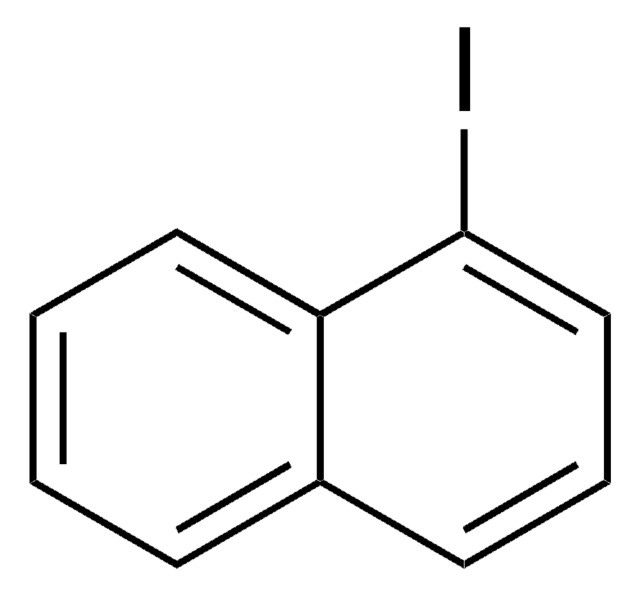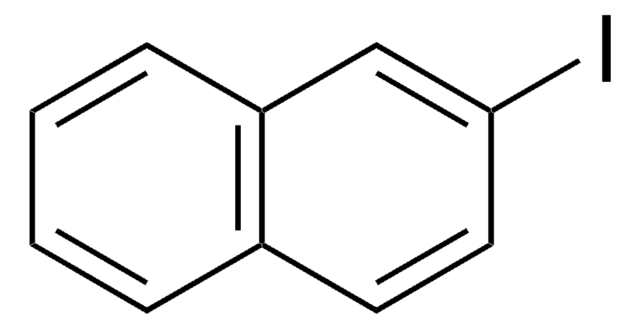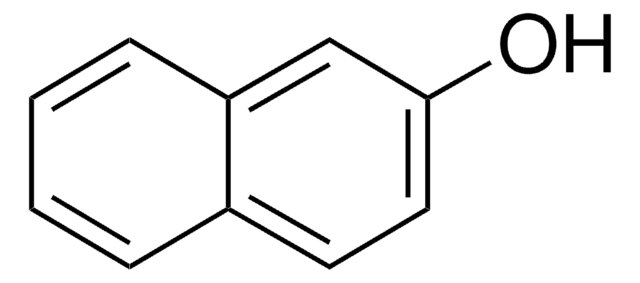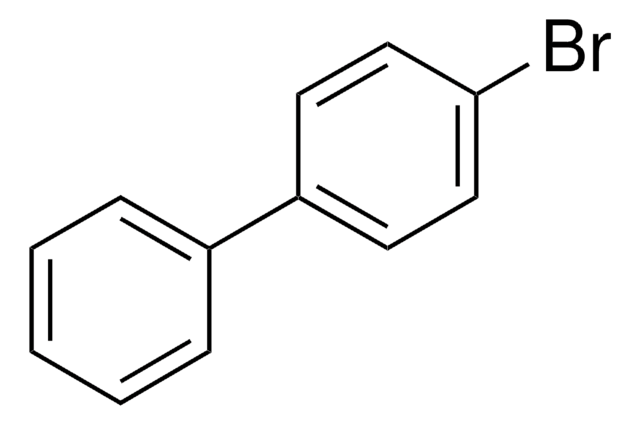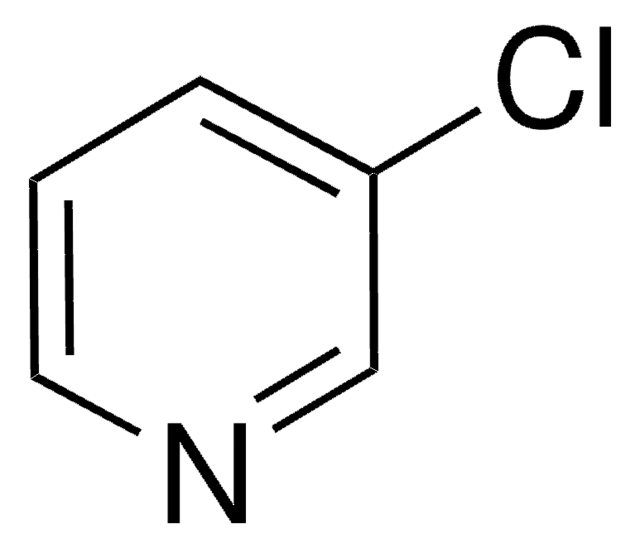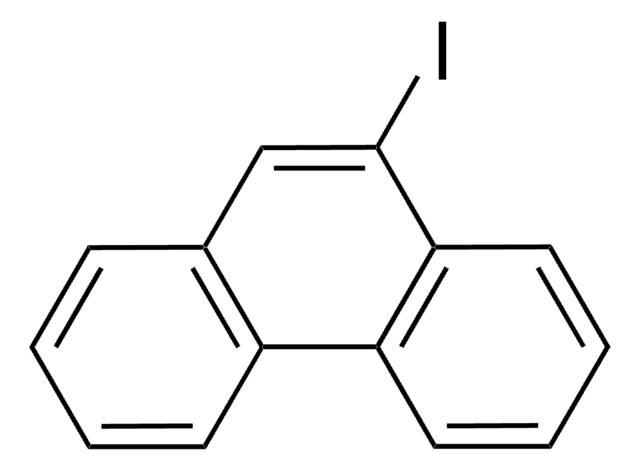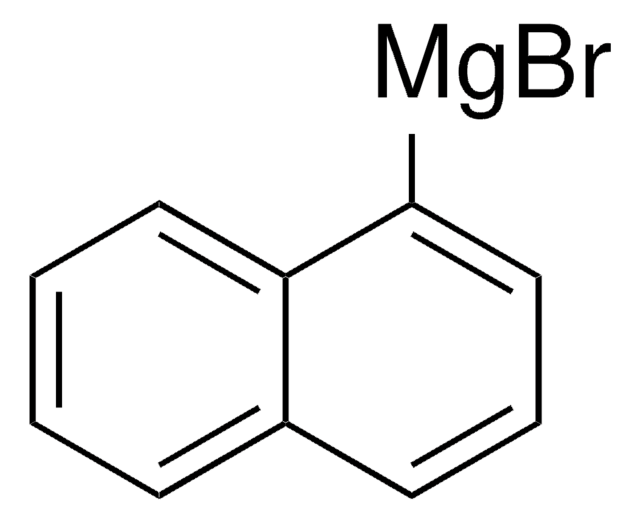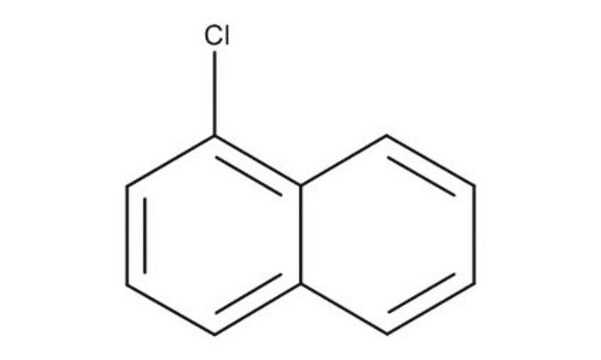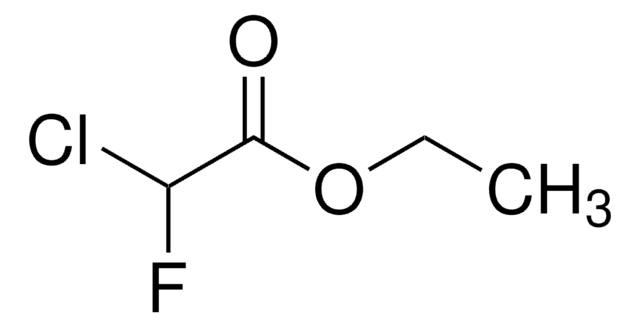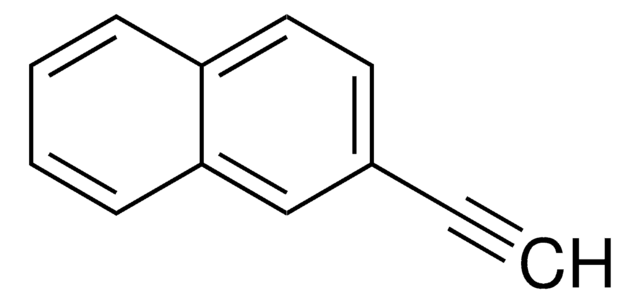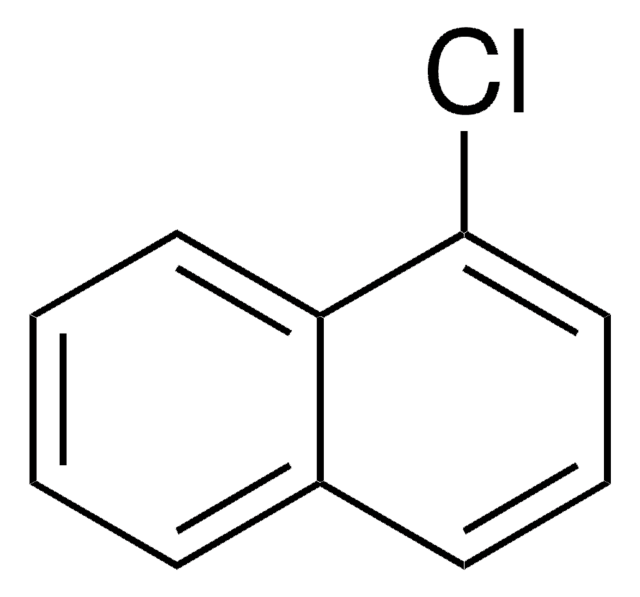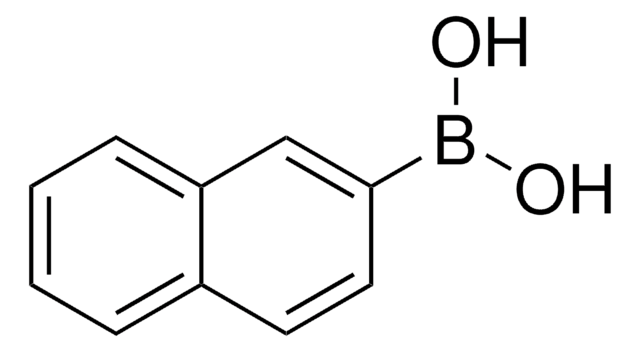183644
2-Bromonaphthalene
97%
Synonym(s):
β-Bromonaphthalene, β-Naphthyl bromide, 2-Naphthyl bromide
About This Item
Recommended Products
Quality Level
Assay
97%
form
solid
impurities
≤3% 1-bromonaphthalene
bp
281-282 °C (lit.)
mp
52-55 °C (lit.)
solubility
methanol: soluble 50 mg/mL, clear, colorless to yellow
functional group
bromo
SMILES string
Brc1ccc2ccccc2c1
InChI
1S/C10H7Br/c11-10-6-5-8-3-1-2-4-9(8)7-10/h1-7H
InChI key
APSMUYYLXZULMS-UHFFFAOYSA-N
Gene Information
human ... CYP2A6(1548)
mouse ... Cyp2a5(13087)
Looking for similar products? Visit Product Comparison Guide
Related Categories
General description
Application
Signal Word
Warning
Hazard Statements
Precautionary Statements
Hazard Classifications
Acute Tox. 4 Oral - Eye Irrit. 2
Storage Class Code
11 - Combustible Solids
WGK
WGK 3
Flash Point(F)
235.4 °F - closed cup
Flash Point(C)
113 °C - closed cup
Personal Protective Equipment
Choose from one of the most recent versions:
Already Own This Product?
Find documentation for the products that you have recently purchased in the Document Library.
Customers Also Viewed
Our team of scientists has experience in all areas of research including Life Science, Material Science, Chemical Synthesis, Chromatography, Analytical and many others.
Contact Technical Service